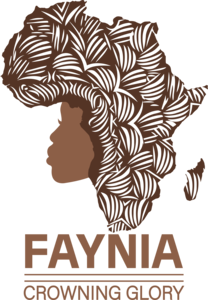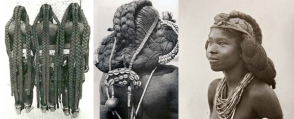Blog Post
The History of Black Hair: Part 1
The Deep Significance of Hair in African Cultures
For our African ancestors, hair was far more than just a crown of beauty. The elaborate hairstyles seen across the continent were intricately tied to one’s identity, status, and spirituality.
The curly and kinky textures that are a hallmark of African hair evolved as an adaptation to the intense heat, providing ventilation and insulation from the sun’s rays. But hair took on profound cultural meanings as well.
By the 15th century, among ethnic groups like the Wolof, Mende, Mandinka, Fulani, and Yoruba, hairstyles communicated marital status, religion, clan lineage, age, wealth and rank within society. Some families even had their own distinctive looks, allowing people to recognize each other’s heritage at a glance.
Grooming practices and hairstyles were imbued with symbolism. Unmarried Wolof girls partially shaved their heads, while newly widowed women let their hair go untended temporarily as part of the mourning process. Having unkempt or undone hair signaled that something was amiss – sadness, loose morals or a lack of cleanliness.
Hair also played roles in spiritual rituals, used for protection talismans and spells. The work of styling these elaborate looks over hours or days gave hairdressers an esteemed place in society.
Given hair’s multifaceted importance, the shaving of enslaved Africans’ heads as they were sold into bondage was an act of violent dehumanization. This stripped away their identities, severing them from their lineages, cultures and very selves as they were reduced to commodities.
While hair trends evolve over time, this deep ancestral legacy highlights hair’s intrinsic ties to who we are as people. Our roots run far deeper than just the kink emerging from our scalps.

